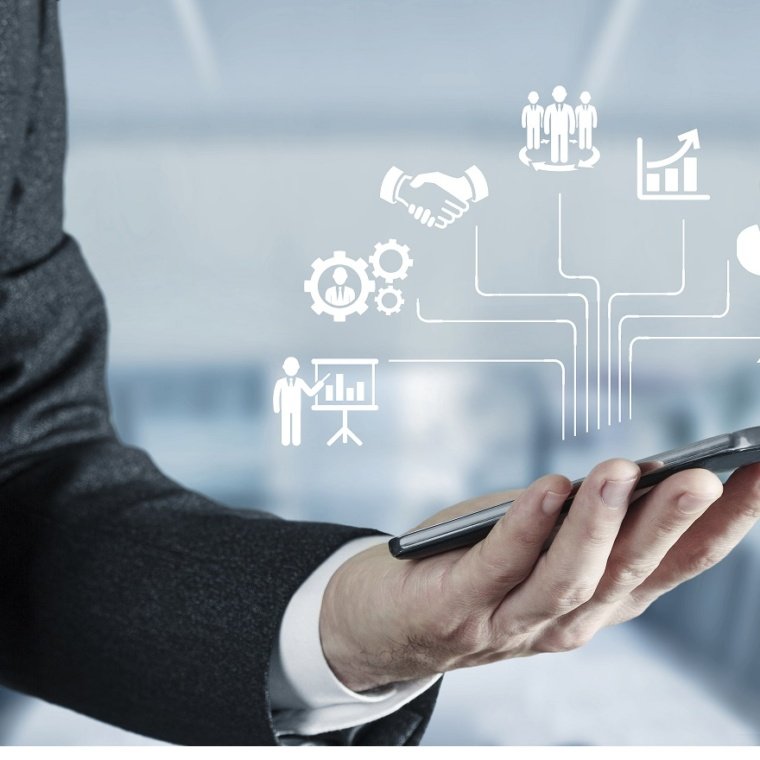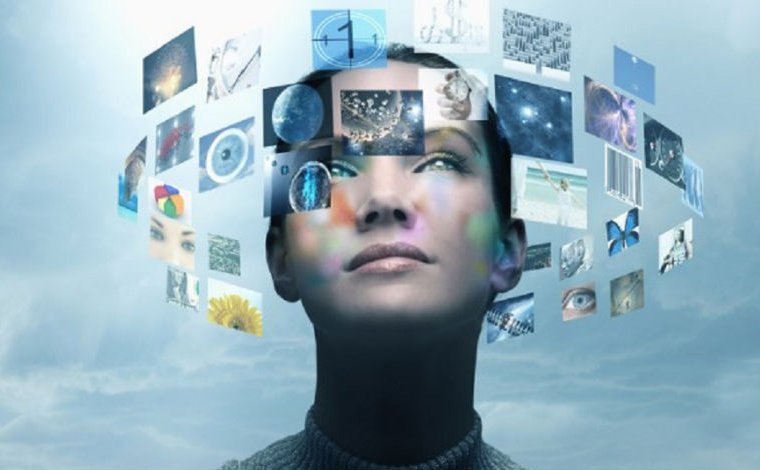Why is social media effective for politicians? Social media platforms like Facebook, Twitter and YouTube allow politicians to speak directly to voters without spending big amounts on print and electronic mediums.
The rules of politics were re-written in the world with the first social media campaign ‘Yes We Can’, a slogan used by the 2008 Barack Obama presidential winning campaign.
Our Prime Minister Narendra Modi was quick to learn from global cues and launched Achhe din aane waale hain, the BJP’s slogan for the 2014 general elections. The use of social media was a game changer for the 2014 Lok Sabha elections which saw the use of websites, blogs, Facebook, Twitter, YouTube, etc. during the campaign.
The latest social media war being witnessed is between the two US presidential candidates: Hillary Clinton and Donald Trump. Don’t forget Trump has risen to become a presidential candidate with good use of Twitter. “I like it because I can also get my point of view out there, and my point of view is very important to a lot of people that are looking at me,” Trump said.
Since the 2014 general elections, there has been no looking back for Indian politicians as far as use of social media goes. Today, every CM candidate and MLA is rooting for social media to reach out to voters. We must remember that Modi’s victory was not only because of anti-incumbency; there was compelling engagement and persuasion of voters on Facebook and Twitter. Indian politicians have learned this fast and most of them have hired a team of professionals to run their social media campaigns. Every day, out of 10 top Twitter trends, on an average, three are related to politics.
Why is social media effective for politicians? Social media platforms like Facebook, Twitter and YouTube allow politicians to speak directly to voters without spending big amounts on print and electronic mediums. It has become fairly common for political campaigns to produce commercials and upload them on YouTube, and they usually get viral when a known figure tweets or Facebooks them. The use of mobile apps, online surveys, engagement, and data generation are of great help in deciding the future course of action for political parties.
Twitter and Facebook have energised younger voters, who have had a stupendous impact on elections. According to a study, among Internet users, 72 per cent are on Facebook and approximately 80 per cent of these are in age group of 18 to 30. Politicians are wooing young voters through Instagram and Snapchat as well.
With Punjab, Uttar Pradesh, Uttarakhand, Goa and Manipur going to the polls in 2017, already there is a spurt in activity on social media. Sukhbir Badal, Akhilesh Yadav and Arvind Kejriwal are aggressively using Facebook and Twitter to reach out to voters and tom-tom about their development work. Each party is aggressively showcasing its work on social media through good content and infographics. Parties in these states are glorifying their work by using various hashtags. It is no more a war waged through newspapers, rallies, radio and television; the battleground is now in the palm of your hand, your smartphone!
The current saying is: “The social media is mightier than the sword!”
Disclaimer: The views expressed in the article above are those of the authors’ and do not necessarily represent or reflect the views of this publishing house. Unless otherwise noted, the author is writing in his/her personal capacity. They are not intended and should not be thought to represent official ideas, attitudes, or policies of any agency or institution.


